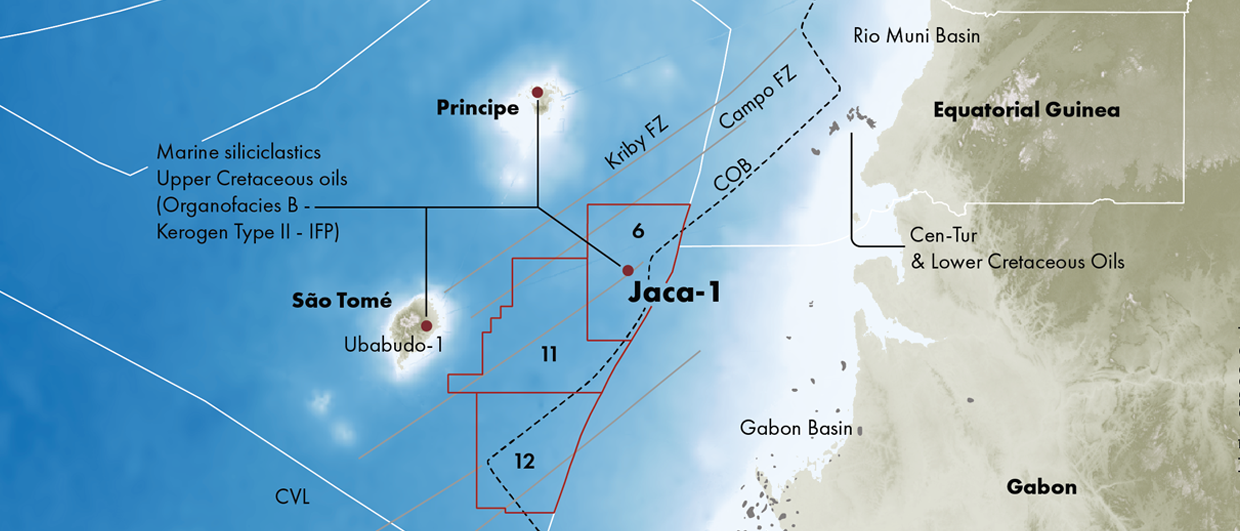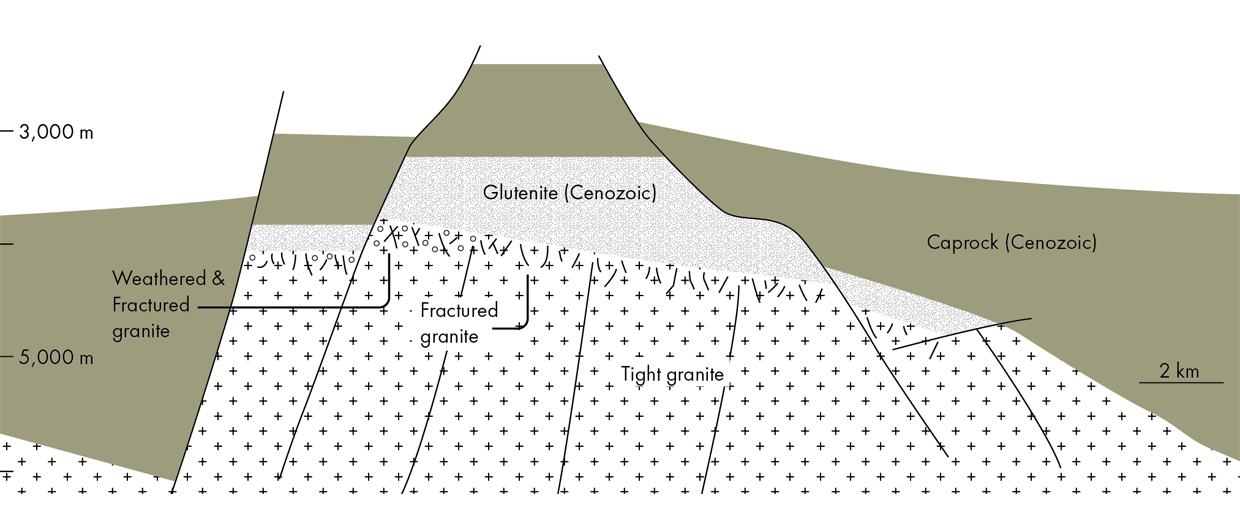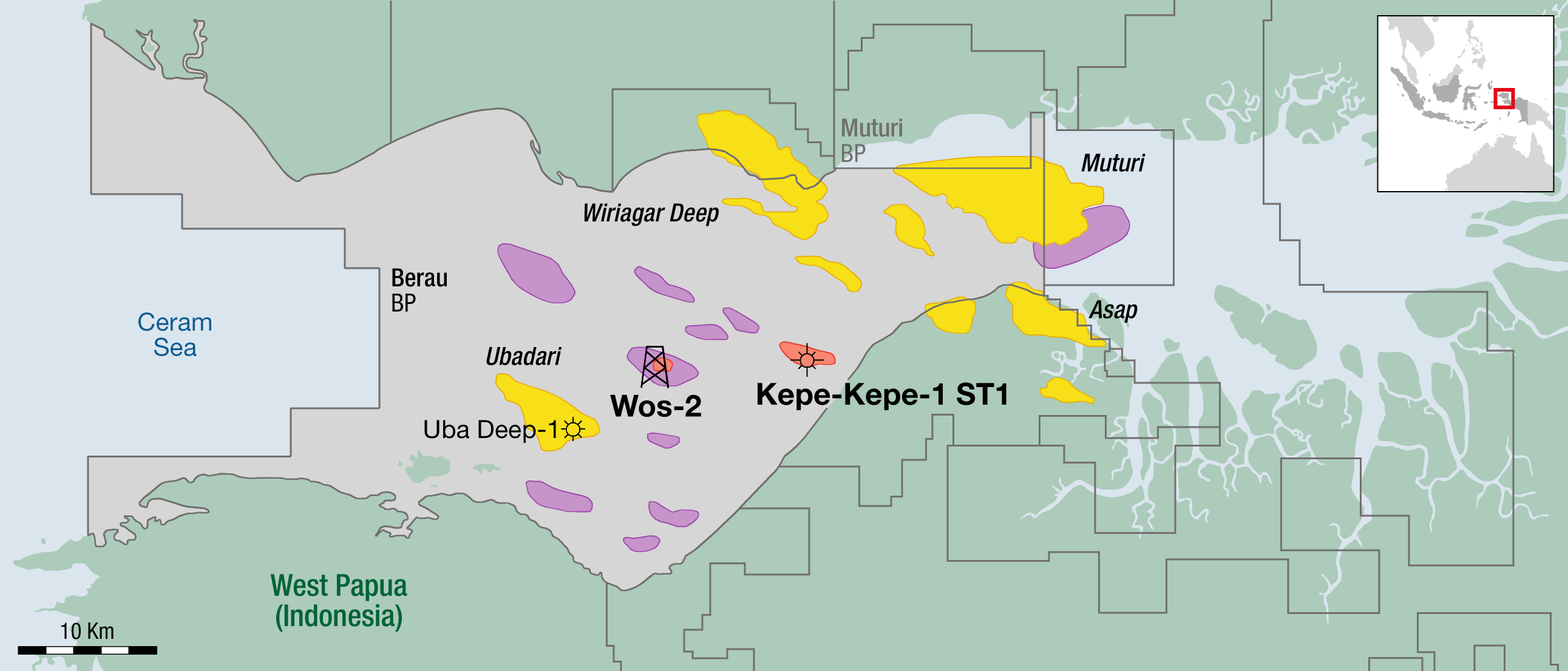A total of 167 new licenses have been offered by DECC covering 330 North Sea blocks, with a further 61 blocks under environmental assessment. The latter are close to, or in, certain Special Areas of Conservation (SACs) and Special Protection Areas (SPAs), and will be subject to environmental assessments before any offer is made. Consultation will be carried out on the recommendations of these assessments before any decision is made on whether to offer any of these blocks. In making the announcement Energy Minister John Hayes said: “This successful licensing round shows we are taking the right action to offer certainty and confidence to investors. Our fiscal regime is now encouraging small fields into production and our licensing regime supports new faces as well the big players to invest.”
Range of Companies
Winners include majors Apache Corporation, BG Group, Maersk, Nexen, Premier Oil, Royal Dutch Shell and Total. Apache has been offered 14 blocks in the northern part of the North Sea, where it will be required to acquire 3D seismic data, whilst BG Group and Shell have been offered seven and five blocks in the central North Sea respectively. Also in the central North Sea, Maersk has been offered four blocks while Nexen has been offered 17, which includes a commitment to drill at least four wells on two of the blocks. Premier Oil has eight blocks in the central North Sea while Total has been offered 16 blocks in the west of the Shetland Islands, four blocks in the northern North Sea and two blocks in the central North Sea. The inclusion of several AIM quoted firms among the winners in the North Sea licensing round is seen as a further endorsement of the confidence the government has in the smaller operator. Of note, Xcite Energy, shortly to bring its Bentley field onstream, won licenses containing four new prospects, claiming the new acreage enhances the potential of the greater Bentley area. Trapoil was awarded three new licenses with one near its part-owned Athena field, one near the Forties field and another next to its existing Sienna prospect. Faroe Petroleum was awarded seven licenses, Valiant Petroleum won five while Bridge Oil received three.
Confidence Returning
Commenting on the oil and gas exploration licenses offered in the round, Mike Tholen, Oil and Gas UK’s economics and commercial director, said the outcome was very welcome and that “it reflects the vast opportunity that remains for business and provides reassurance of the government’s support for the long-term health of our industry”. Industry response to the 27th Licensing Round suggests that investor confidence is returning, following 18 months of constructive engagement with the Treasury and the announcement of several measures aimed at boosting activity. He added that as 2011 witnessed the lowest exploration for many decades, “We must do everything we can to ensure that the award of licenses translates into actual exploration for the billions of barrels of so far undiscovered oil and gas.” It is estimated that there are up to 24 Bboe recoverable remaining in the North Sea.
Industry analysts suggest fiscal changes introduced by the government earlier in 2012, specifically the shallow water gas allowance and those that offer some clarity on the complex issue of decommissioning tax relief, were particularly influential on the outcome of this round. The results climaxed a week of mixed fortune for the North Sea. On the positive side, Shell agreed to pay US$525 million to acquire the stakes held by Hess in the Beryl area fields, together with certain gas assets, having earlier revealed that it had received approval to proceed with the development of its Fram field in the Central North Sea. This is due onstream in 2015 and should achieve peak production of 35,000 bopd. Similarly, Talisman declared that it was moving ahead with its US$2.5 billion project to redevelop the Montrose field. On the negative side, official figures show that UK crude oil production was 3.9% lower in the three months to August, compared with the same period in 2011. Energy Aspects, a research consultancy, said it does not expect any material changes to the UK’s production outlook, despite recent tax incentives.




